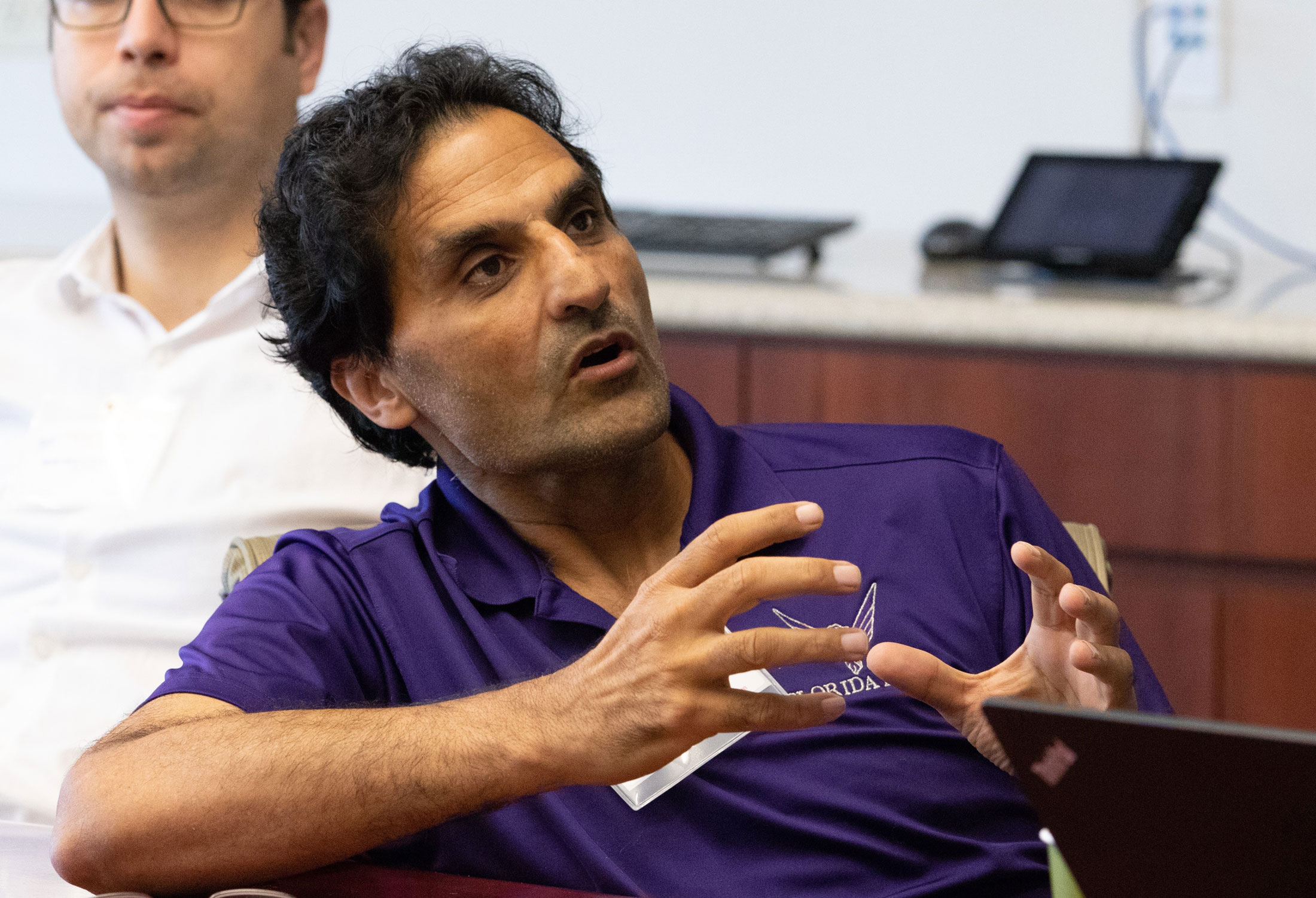
Dr. Rahul Razdan, senior director of special projects at Florida Polytechnic University, has received the highly respected John von Neumann Distinguished Award in STEM from Fulbright Hungary. Razdan will travel to Hungary in August to work on research studying the validation and verification of the integration of artificial intelligence technology in autonomous vehicles.
Dr. Rahul Razdan, a globally recognized expert in autonomous vehicle technology and senior director of special projects at Florida Polytechnic University, is preparing to head to Hungary this August to begin research funded by the esteemed John von Neumann Distinguished Award in STEM.
Razdan will be hosted by the Audi Hungaria Faculty of Automotive Engineering at Széchenyi István University.
Fulbright Hungary selects U.S. scholars for the award, with priority for study areas of autonomous vehicles (AV), artificial intelligence (AI), 5G networks, molecular biology, physics, and material science.
“John von Neumann is like the Einstein of the world of computers. Nearly every computing machine built today is known as a ‘von Neumann’ architecture,” Razdan said. “Thus, as a computer scientist, it was thrilling to get an award with his name and with the prestige of the Fulbright Organization.”
Razdan’s effort will take place during the fall of 2024 in cooperation with ZalaZONE, a premier research test track in Europe.
His work begins with the problem that although AVs, enabled by AI components, have tremendous potential for productivity, safety, and access, before they can be broadly developed, fundamental methodologies to validate and verify the complex cyber-physical systems must be developed.
The research will examine the connection between virtual simulation and physical proving ground in an integrated way, the issue of electromagnetic interference in active sensor systems, and human-machine interaction between AVs, non-AV cars, and non-auto entities.
“Validating AI-based systems is the critical issue, which is limiting their broad usage. If we can find reasonable methods to solve this problem, a whole host of autonomy-based applications can be employed in the marketplace,” Razdan said. “In the ground space, autonomous vehicles are the most visible examples, but include vehicles in warehousing, agriculture, mining, public transportation, airport ground vehicles, industrial parks, ports, and more.”
The techniques could extend to use in aviation and marine spaces as well, he said.
“If autonomy can be safely used, the impact will be as big as the impact of cell phones and the internet,” Razdan said.
Contact:
Lydia Guzmán
Director of Communications
863-874-8557